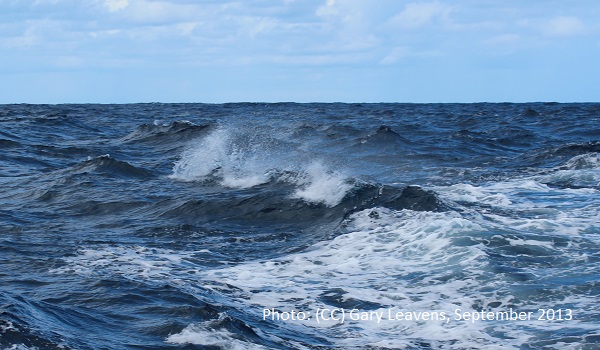A dispute between local and national administrations has prevented the opening of a two million euro reception facility in Lanzarote leaving arrivals in an overcrowded facility. Two alleged smugglers have been sentenced for nine deaths that occurred on an ill-fated voyage from Southern Morocco in March last year. More than 2,200 people arrived – either after rescue at sea or on their own – in the Canary Islands in the second half of January, marking a trend of increased arrivals that continued in the first days of February.
Hundreds of people have been disembarked on Lanzarote after rescue or have arrived by their own accord after arduous journeys from Africa’s coast. Spanish law requires they remain in police custody for up to 72 hours upon arrival. On Lanzarote, people are being held in an “overcrowded facility with no showers even though there is a brand new 2.1 million euro centre sitting empty nearby”, according to Spanish newspaper El País. On 25 January at least 400 people were held in a cockroach-infested, insanitary and overcrowded facility without showers or adequate ventilation. One warehouse used is reportedly full of leaks, with observers stating: “it’s like it’s raining inside”. New arrivals are forced to remain in these inadequate facilities while the local and central government battle over opening of a brand new, EU-funded facility that has been empty since October. The interior ministry led the construction of the new site, but local authorities say the health and safety paperwork is incomplete. One police source said: “It is inexplicable that there is [the new centre] near the port where the migrant boats arrive, yet we have to keep people inside a warehouse full of vermin […] The conditions in [the old facility] are deplorable. It’s a disaster”.
Following the deaths of nine people during an attempted irregular crossing from Morocco to the Canary Islands in March 2021, two people have been convicted to nine years in prison. The survivors of the incident were rescued four days after the boat left Dakhla. The victims included two infants, both two years old. The Senegalese and Gambian nationals charged were ordered to pay more than 100,000 euro in compensation to the parents of each child. Following the sentencing, the activist networks Borderline Europe and Are You Syrious called into question the classification of the people as smugglers rather than as passengers like the other survivors on board. According to the former, European and Spanish officials were to blame, as the children “died of hunger, thirst and cold on their way to the Canaries” due to a lack of legal routes to seek asylum.
Late January and early February have seen a rapid stream of rescues on the Canary route. According to Txema Santana, the number of survivors of boat journeys marks a new high compared to 2021. In the five days prior to 27 January, 750 people arrived to Spain’s Canaries. In the following days, Salvamento Marítimo rescued groups of 131, 86, 40 , and 37 people at sea, while 51 people arrived independently. On 31 January, 222 lives were saved when the rescue service assisted vessels off Fuerteventura. According to campaigners, this route has burgeoned as a result of increased controls in the Mediterranean and instability in African countries. As people are increasingly forced to take to the sea, not even increased rescue activity has allowed tragedy to be avoided. After 18 lives were lost in a shipwreck last week, Mauritanian authorities distributed images of the young peoples’ bodies washed ashore in the hope that relatives might recognise them. Yet another tragedy occurred on 2 February when a man drowned after an inflatable boat carrying 41 passengers deflated 35km from Fuerteventura. 16 people were missing after the incident. During the evening of the next day, 118 were brought to shore after rescue.
In the Western Mediterranean, six men were rescued one mile from the Tarajal beach by Ceuta’s civil guard. The rescue services of Almería, on Spain’s southern coast, report coordinating 243 interventions at sea in 2021, most of them concerning adrift or ungoverned vessels (124) and precarious or overloaded vessels (68).
For further information:
- ECRE, Atlantic Route: More Deaths on Dangerous Journeys, Smugglers Evade Moroccan Authorities, Women Increasingly Risk Their Lives at Sea, January 2022
- ECRE, Atlantic Route and Spain: Court Rejects Complaint on Reception Failings, ‘Smart’ Borders Risk Reinforcing Racism, Tragedy at Sea Driven by Sahel Displacement, January 2022
Photo: (CC) Gary Leavens, September 2013
This article appeared in the ECRE Weekly Bulletin. You can subscribe to the Weekly Bulletin here.

